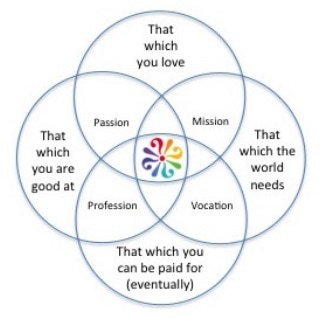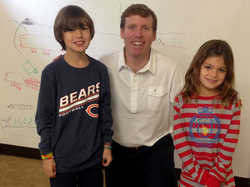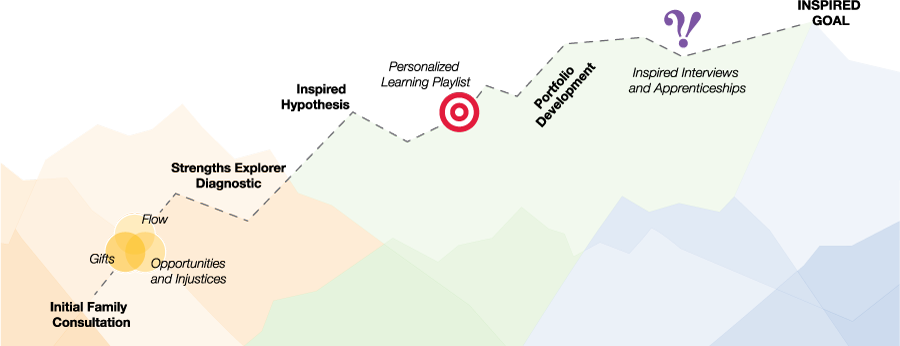They then share a wonderful anecdote about a fast food company that was attempting to sell more milkshakes. After extensive focus groups, subsequent product tweaks, and considerable expense, sales remained flat.
It wasn't until they asked the question: “What job is the milkshake being hired to do?” that they started making progress. They discovered that nearly half the milkshakes sold were bought in the early morning. The “job” for which they were being “hired”? Sustenance during a long, boring commute.
Coffee was guzzled too quickly. Bagels were too messy. The milkshake took awhile to finish, and the chilly container not only kept the driver alert; it fit beautifully in the cup holder.
The punch line? Once they understood the job the milkshake was being hired to do, they could build a better milkshake. In fact, they built what we now know as a smoothie.
So what “job” are kids “hiring” school to do? Christensen, Horn and Johnson hypothesize that “there are two core jobs that most students try to do every day: They want to feel successful and make progress, and they want to have fun with friends.” They go on to make a compelling case that many schools are not fulfilling either of these jobs very effectively at all.
At WonderLab we believe that the key to success and fun is one fundamental question: What will motivate this individual Learner to love learning? Our experience tells us that once we better understand a Learner’s unique strengths and passions, we can then help them make progress on a project that is as unique as they are—all while having fun with friends.
So for all you parents with the need for your child to be in a safe, productive place outside of school or a homeschool environment, over spring or summer break—or perhaps a new spot for a child’s upcomingbirthday party where the job-to-be-done might also include making the other parents a bit jealous that they didn’t think of it first—please keep in mind your child’s primary jobs-to-be-done: feeling successful and having fun with friends!
And do keep WonderLab in mind, as it’s a job that we most certainly love doing!




 RSS Feed
RSS Feed